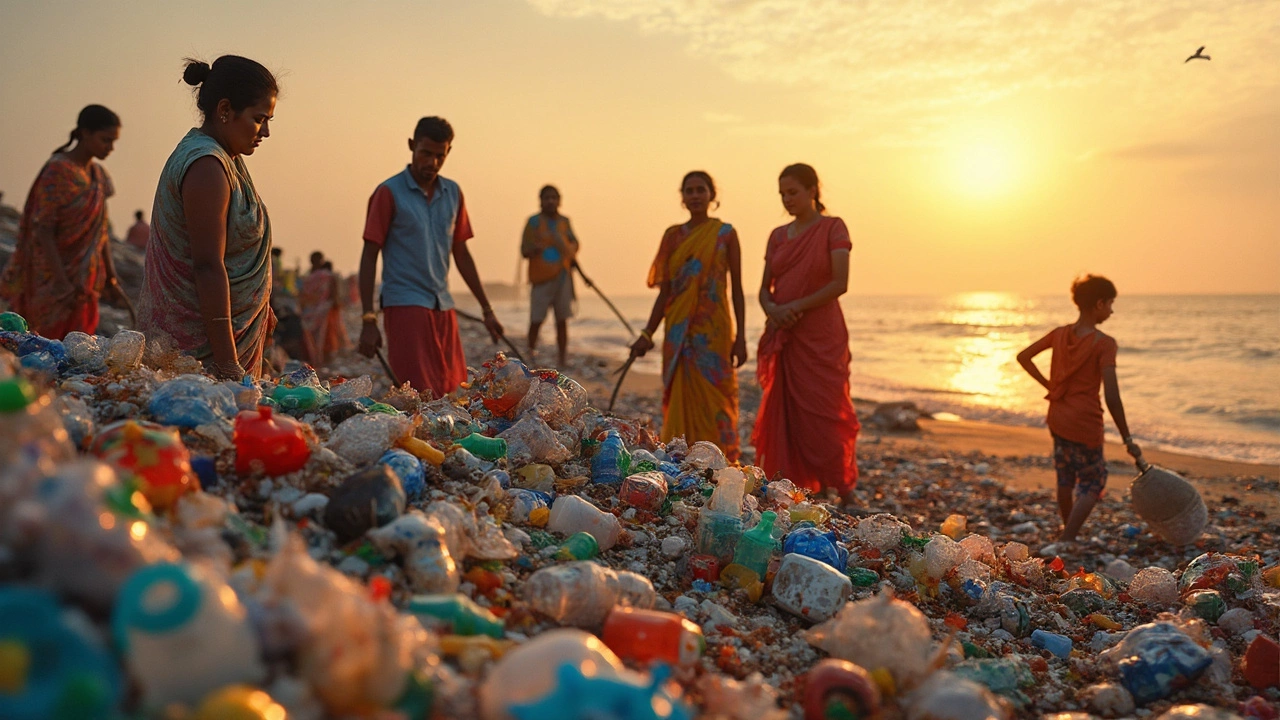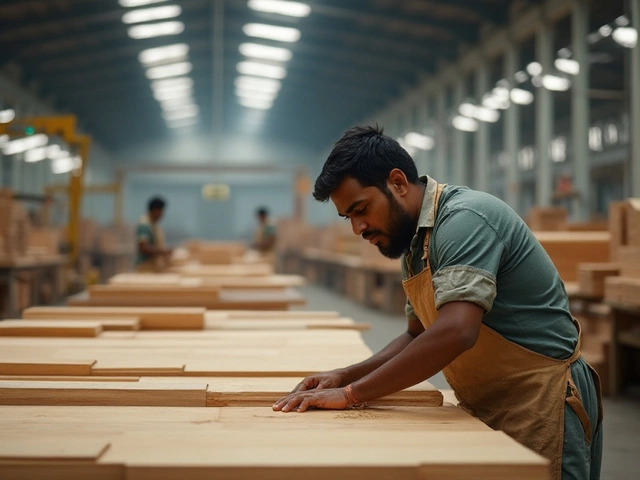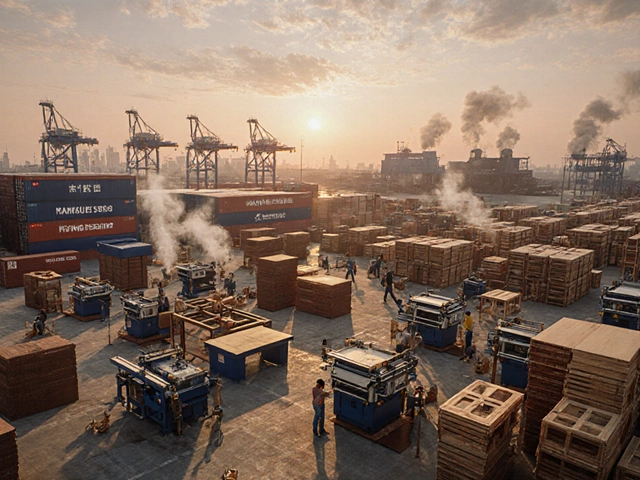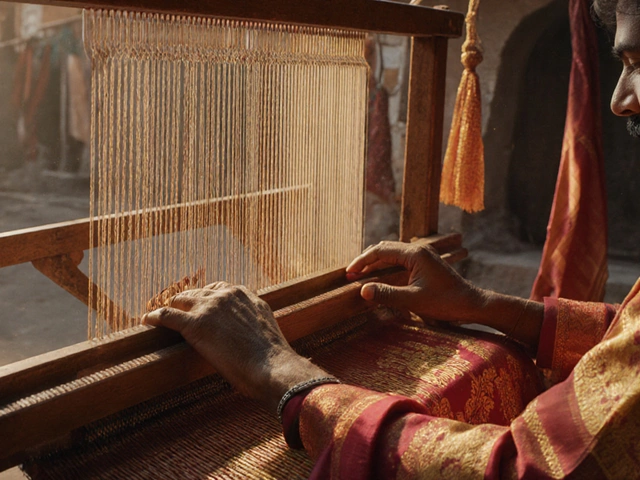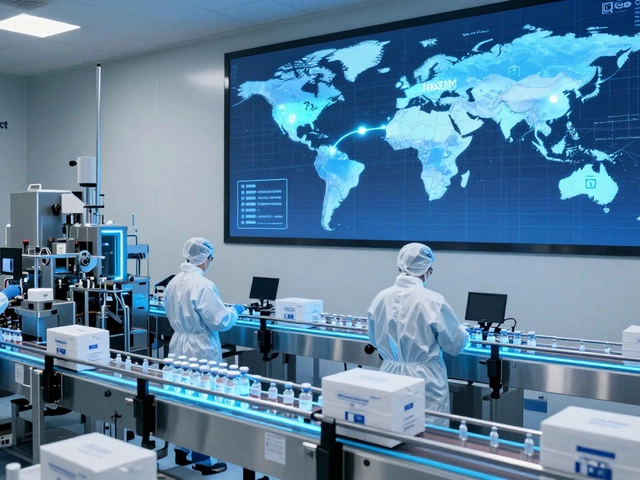Ocean Waste: Real Problems and Simple Solutions
Every time you toss a plastic bottle, a piece of paper, or a broken glass into the trash, there’s a chance it ends up in the ocean. Once it’s in the water, it can travel thousands of miles, hurting fish, birds, and even us. Understanding where the waste comes from and how it moves helps you see why even small changes matter.
Why Ocean Waste Matters
Most ocean waste starts on land. Storm drains, littered streets, and poorly managed landfills all feed the sea. In fact, about 80% of marine litter is plastic, and a single plastic bag can float for years, breaking into tiny pieces that marine animals mistake for food. These micro‑plastics then enter the food chain, ending up on our plates.
Beyond plastics, waste like fishing gear, tires, and chemicals pollute the water. Ghost nets—abandoned fishing nets—can trap dolphins, turtles, and sharks, causing injury or death. Chemical runoff from farms fuels harmful algae blooms that deplete oxygen and create dead zones where nothing can survive.
The economic impact is big too. Coastal communities lose tourism dollars when beaches are covered in trash, and fisheries suffer when fish populations decline. Cleaning up the ocean costs billions each year, a bill that could be avoided with better waste handling on land.
Practical Steps to Reduce Ocean Waste
You don’t need a PhD to make a difference. Start by reducing single‑use plastics: bring a reusable bottle, bag, and coffee cup wherever you go. When you shop, choose products with minimal packaging or packaging made from recycled material.
Support local recycling programs. If your city doesn’t collect certain plastics, look for drop‑off points or community recycling events. Properly disposing of hazardous waste—like batteries, electronics, and chemicals—keeps them out of storm drains.
Get involved in beach or river cleanups. Even a few hours of picking up litter can prevent dozens of pieces from reaching the ocean. Many organizations provide gloves, bags, and simple safety tips, so you can join a group without any hassle.
Pressure businesses and lawmakers. Vote for policies that ban micro‑beads, require extended producer responsibility, or fund coastal cleanup projects. Share information on social media to raise awareness; the more people know, the faster change happens.
Finally, teach the next generation. Kids learn by watching adults, so involve your family in simple actions like sorting trash or using reusable containers. When everyone does a little, the collective impact is huge.
Ocean waste is a problem we all share, but it’s also a problem we can all solve. By cutting down on waste, recycling better, and joining cleanup efforts, you help protect marine life, preserve coastal economies, and keep our own food chain safe. Start today—your actions matter more than you think.
